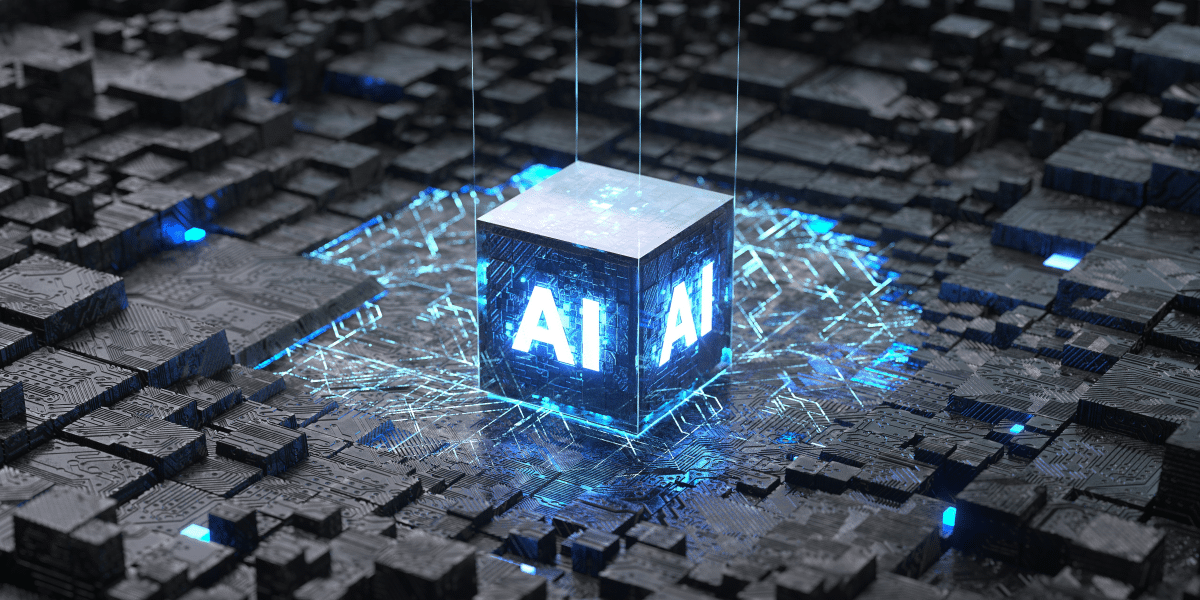AI is expected to add $15.7 trillion to the global economy by 2030.
– PwC’s Global Artificial Intelligence Study
Not only does this incredible figure highlight the transformational capacity of AI technology; but it also accentuates the need for responsible practices to ensure ethical and equitable development across industries. With artificial intelligence continuously growing and infiltrating all aspects of life, acknowledging the rise of Smart AI and Responsible AI ideas is progressively essential for both individuals and corporations within the U.S.
The rapid growth of AI necessitates a balanced approach that maximizes innovation while mitigating risks and addressing concerns about privacy, bias, and job displacement. By fostering a culture of responsible AI development and deployment, we can harness the transformative power of this technology to drive progress, enhance productivity, and improve quality of life across diverse sectors, all while safeguarding against potential pitfalls and ensuring equitable access to its benefits.
The Widespread Adoption of Smart AI
Smart AI isn’t just a trend; it’s transforming industries like healthcare and finance at an unprecedented pace.
A recent study by Anthony Cardillo indicates that 77% of organizations are already using or considering the use of artificial intelligence. This demonstrates the growing recognition that AI can boost productivity, enhance customer service, and enable new business models
However, these rapid adoptions come with significant worries. Organizations facing algorithmic prejudice resulting in unjustifiable outcomes in sensitive areas like recruitment and financing are among the challenges. In fact, 61% of AI professionals have seen biases exist in AI systems making people question their fairness and accountability. As companies increasingly make decisions based on machine-learning algorithms there is a need for tackling these biases if trust needs to be restored as well as fairness promoted.
The Economic Impact of Smart AI
The economic consequences of smart AI are significant. The anticipated $15.7 trillion contribution to global GDP by 2030 demonstrates AI’s ability to promote innovation and growth. This economic boost is predicted to generate millions of new employment while automating basic chores, freeing up human workers to work on more complex and creative projects.
However, this development must be complemented by appropriate AI practices. A recent poll indicated that 90% of Americans use smartphones, making it critical for tech businesses to guarantee that AI technology used on these devices is ethical and user-friendly.
The Smartphone Revolution and Smart AI
As of now, there are nearly 90% of Americans who have a smartphone; thus Smart AI integration with mobile technologies matters a lot. Voice assistants, individualized suggestions and predictive texts are among the features added to enhance user experiences in AI. As much as this is good for smartphone users, it also creates an obligation for tech firms to develop these AI systems based on user privacy principles since their use keeps increasing.
One popular illustration of the effective application of Smart AI is found in Glance Lock Screen which comes with many Android devices sold across US borders. Glance employs artificial intelligence in bringing customized information such as pertinent news pieces and weather forecasts directly onto the lock screen without unlocking the device. This not only boosts user engagement but also serves as an example of responsible use of Smart AI by giving priority to users’ choices and protection from external intruders.
Lock Screen: A Smart AI-Powered Experience
Statistics show that consumers unlock their phones around 70 times daily, and on 9 out of 10 of those occasions, they engage with content directly on their lock screens.
This trend highlights how lock screen content, like news updates or app notifications, plays a key role in keeping users connected and informed. This high degree of connection emphasises the necessity of providing great material that connects with users.
Glance Lock Screen is an excellent illustration of how Smart AI can enhance the user experience while following responsible AI standards. Glance personalized the information displayed on users’ lock screens depending on their interests and habits using AI-driven content recommendations. This feature not only informs consumers but also engages them in a way that feels personalised and relevant.
Glance’s AI capabilities guarantee that the content is both useful and interesting, promoting a stronger connection between people and their devices.
Furthermore, Glance encourages ethical AI practices by providing a secure and privacy-focused lock screen experience that users can easily customize to suit their preferences. Users may simply customize their settings, ensuring that the topics and content they get match their interests while retaining control over their data. This amount of openness and user agency is critical for increasing confidence in AI technology.
Responsible AI Practices and Glance Lock Screen
As the usage of AI technology grows, the requirement for ethical AI practices becomes more important. Responsible AI entails incorporating ethical standards into the design, development, and implementation of AI systems. This entails maintaining openness, justice, accountability, and privacy throughout the AI lifecycle.
The ideas of responsible AI are especially pertinent to features like Glance Lock Screen. Glance meets the rising need for responsible AI methods by putting user privacy and data security first. According to recent research, 73% of US business and technology leaders are using or planning to utilise both traditional and generative AI, emphasising the significance of developing appropriate frameworks to govern these initiatives.
To promote responsible AI development, organisations must employ thorough data quality checks and bias reduction measures. This is especially important in sensitive applications, where biased AI results might have serious implications. Companies that implement responsible AI technology may design systems that not only improve the user experience but also adhere to ethical norms.
Conclusion
The emergence of Smart AI creates possibilities and difficulties for both organisations and consumers. As AI technologies advance, the value of ethical AI practices cannot be emphasised. Organisations may foster trust and guarantee that AI technologies serve society as a whole by including ethical considerations in their development and implementation.
With features like Glance Lock Screen demonstrating Smart AI’s ability to improve user experience, it is evident that ethical AI practices are required for navigating the complexity of this fast-evolving market. As we embrace the future of technology, let us prioritise ethical AI in order to maximise its positive impact.
Published by: Nelly Chavez



















